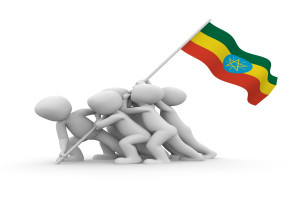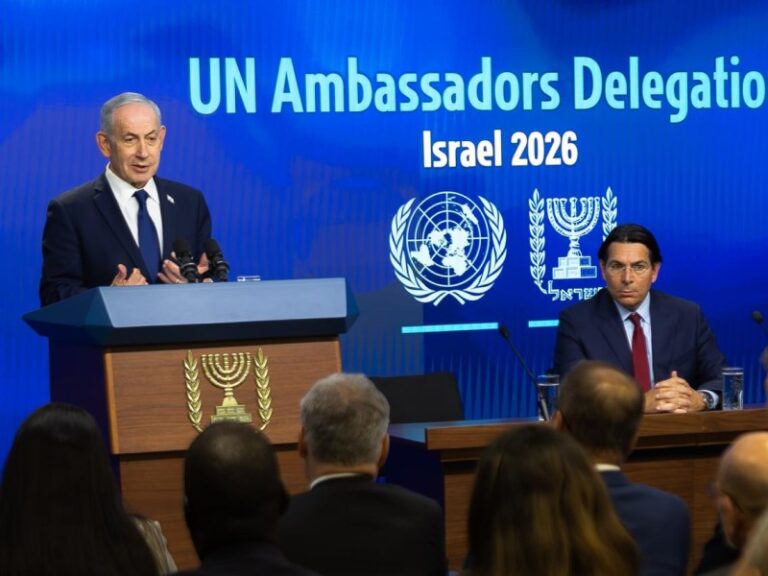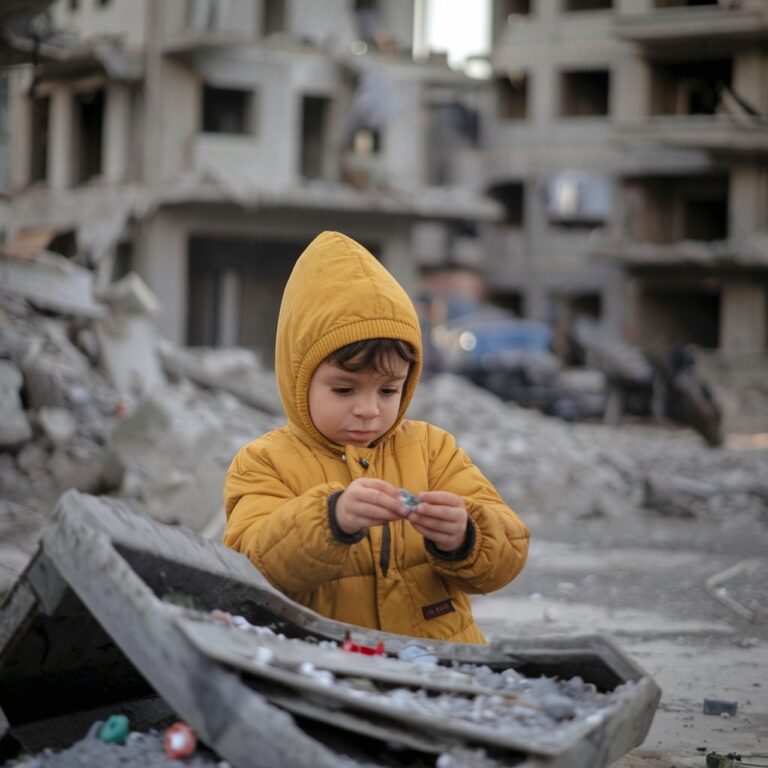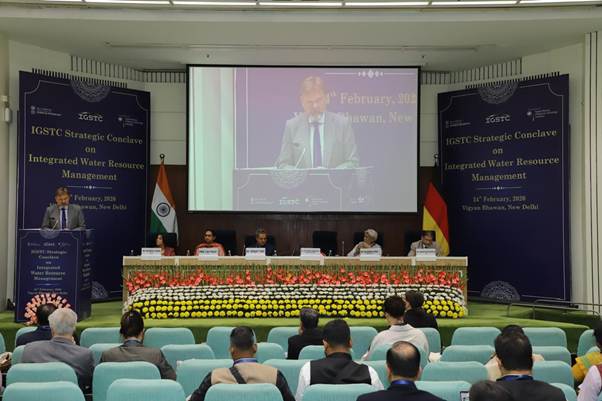
 By Deepak Parvatiyar
By Deepak Parvatiyar
The civil war in Ethiopia has taken a murky turn with the tide turning against the United Nations, whose at least nine staff continue to be in detention reportedly on suspicion by the government of supporting the rebel Tigrayan forces and for “participation in terror”.
There are also reports, acknowledged by the United Nations secretariat in New York, that at least 70 people who had been contracted by the UN to drive trucks were also detained.
“They’ve been contracted by both the UN and a number of international NGOs. And again, we are calling for their release,”Stéphane Dujarric, Spokesman for the UN Secretary-General, told reporters today. He confirmed that these trucks that were aimed to get into Tigray and were filled with “desperately needed” humanitarian goods. Reports suggest these trucks were in the Afar region waiting for weeks on the road that supposedly goes into the Tigray region. The truck drivers were detained locally in Afar’s capital, Semera. However, the trucks, reports suggest, are believed to be secured, and they are not left out in the open.
Dujarric though pleaded ignorance about the reason for the detention of the staff. Some of them had been detained over the last few days. While he said the UN staff on the ground was also working with the national authorities, he stated: “We have, as far as I’m aware, not received any official explanation, while a number of UN staff, as well as people who have been contracted to work for the UN have, are in detention and continue to be detained.”
Incidentally, on November 8,2021, the Ethiopian representative Taye Atskeselassie Amde, had told the United Nations Security Council that “The trucks the Government sent to Tigray with food and medical supplies are transporting weapons and youth combatants “forced to fight against their brothers and sisters for no apparent public interest” except for the greed of a few.”
Amde had claimed that while the Ethiopian government had signed a humanitarian-assistance with the United Nations and made all efforts to provide food and other items to people in need in Tigray and spent close to a hundred million birr for assistance and reconstruction and had declared a humanitarian ceasefire and withdrawn its forces, “All this has proven to be in vain”. He had claimed that because of Tigray People’s Liberation Front’s “continued, widespread criminal belligerence”, people in Tigray in need of urgent humanitarian assistance were not receiving aid. Those in the Afar and Amhara regions had been rendered vulnerable, cities and towns shelled and residents killed at their doorsteps.
The Ethiopian representative had gone to the extent of claiming that “Western media and some staff members and leaders of international organizations” openly support the TPLF, and claimed that “Even the Security Council was made to convene over false reports alleging heinous crimes, including the use of hunger as a weapon of war”.
Also read:
- Report calls for accountability for abuses by all parties in Tigray
- Emergency in Ethiopia risks provoking greater conflict, says Bachelet
- Emergency in Ethiopia, residents told to pick up arms against rebels
- Airstrikes in Tigray compel UN relocate over 100 staff
- Ethiopia proving to be an embarrassment to the United Nations
Dujarric, however, claimed that the UN had not received any clear indication as to why the UN staff and the contractors were being detained. “So, we would like to them to be released,” he added.
He reiterated that the UN continues to work and engage with the Government to secure the release of its staff and the contractors. “We have sent, we have spoken to the Government. We have sent notes verbales, which we’re… we are looking for explanations.”
Incidentally, yesterday Dujarric had claimed that 16 national staff of the UN had been detained, while six had been released. When asked today that whether this meant the UN succeeded in getting seven UN staff released, he said the challenge was one of communications – “We’re also trying to determine the exact status of some of the people that have been detained. So, I can only go with what I have now.” He further termed the situation as “fluid”. According to him these people, to his knowledge, were detained in various police stations in Addis Ababa. “We’re trying to get clarity. We’re trying to get people out, and we’re trying to get exact numbers in a place where often the communications are challenging within the country and between here and Addis,” he said.
The detention of truck drivers as well as UN personnel has impacted the flow of humanitarian supplies to strife torn Tigray and Dujarric said it doesn’t help the humanitarian situation there.
More than 7 million people need aid in northern Ethiopia. In Tigray, more than 5 million people need food and an estimated 400,000 people are living in famine‑like conditions. However, no aid trucks have reached Mekelle since October 18 and air strikes have continued, the United Nations Security Council was informed on November 8, 2021. United Nations Humanitarian Air Service (UNHAS) flights have remained suspended since air strikes on October 22 forced a flight to return to Addis Ababa. The United Nations has been unable to move fuel into Tigray since August. It has been four months since the last major shipment of medicines and health supplies into Tigray.
“Those trucks are not moving, and we desperately need them to move,”Dujarric said.
Before the detention of the UN staff and truck drivers, the Ethiopian government had also earlier declared seven UN staff as persona non-grata,accusing them of “meddling in internal affairs” of the country, and expelled them from the country on September 3o, 2021.
A shocked Guterres, who had been throughout personally pursuing his “quiet, patient diplomacy” with Prime Minister Abiy Ahmed to get humanitarian access in the country ravaged by civil war, had then remarked that “We are now engaging with the Government of Ethiopia in the expectation that the concerned United Nations staff will be allowed to continue their important work”.
The actual number of UN staff in Ethiopia as of November 8, 2021 is 2,398 national staff, 1,077 international staff, and some 4,957 dependents. Dujarric said the UN was monitoring the situation on more than a daily basis, and will take whatever action it needs to keep staff, national and international, safe.
The latest developments give rise to speculations of a deliberate attempt by the Ethiopian government to target the United Nations. The UN secretariat acknowledged that the authorities needed to work with the UN to ensure that it got the humanitarian access that it needed, but that was currently not happening. There have also been some reports for the region, as well, that this was part of a wider round-up of Tigrayans. When asked whether the detained people working for the UN were Tigrayan, Dujarric said thought it was a valid question, “but for us, these are United Nations staff members. They’re Ethiopians. They are UN staff members, and we would like to see them released regardless of whatever ethnicity is listed on their identity cards”.
The situation is fast becoming uncontrollable in the country. Only on November 2, the government had clamped state of emergency in the country and asked residents of capital Addis Ababa to pick up arms against TPLF (Tigrayan People’s Liberation Front) soldiers who were marching towards the capital and captured towns on their way.
When asked about the continued pattern of targeting the UN, Dujarric responded by saying, “Well, I think the Secretary-General is frustrated by the lack of our ability to help the millions of people that are in need. Right? That’s what it’s about. It’s about helping millions of people, notably in northern Ethiopia but frankly throughout the country, that need life-saving help. We’ve not been able to get into Tigray the aid that we need, the fuel that we need, the cash that we need. So, the frustration is about that — our inability, really, to help the people that so desperately need our help.” He said there were impediments “across the spectrum” in Ethiopia.
While the Secretary-General has been on the phone with Prime Minister Abiy a number of times in the recent past, incidentally, it was only on November 8, 2021, that the United Nations’ Emergency Relief Coordinator, Martin Griffiths, had wrapped up a four-day visit to Ethiopia, where he had met with Prime Minister Abiy Ahmed and the Deputy Prime Minister and Minister of Foreign Affairs, Demeke Mekonnen. He had also met with the African Union’s High Representative for the Horn of Africa, former President Olusegun Obasanjo, and had held talks with representatives of non-governmental organizations (NGOs), UN agencies, and donors. He had also made a one-day visit to the capital of Tigray provice, Mekelle, and had spoken to the de facto authorities there.
While in Ethiopia, Griffiths addressed challenges related to the suspension of the UN Humanitarian Air Service (UNHAS) flights; the availability of fuel, cash and supplies; the bureaucratic impediments, including visas for humanitarian staff; and the treatment of humanitarian personnel.
He had stressed that the United Nations, along with its partners, will continue to work with the Government of Ethiopia and with local and international partners to support millions of people in need of urgent humanitarian assistance across the country.
The developments following his visits do suggest that Griffiths’ trip failed to build bridges. Dujarric though said, “Our effort… this is not a time-boxed issue. Our efforts are [continuing] and will continue to try to get humanitarian aid in.”
The funding gap for the humanitarian response plan for Ethiopia in 2021 stands at more than $1.3 billion, and at the UN Security Council on October 8, the UN Under-Secretary-General for Political and Peacebuilding Affairs, Rosemary DiCarlo, had told the Member States that there must be an immediate cessation of hostilities in Ethiopia.
The speakers at the UNSC had then voiced support for African Union’s regional peace efforts in Ethiopia, and urged political dialogue between parties to prevent disaster in the country. They had urged the Ethiopian authorities and the Tigray People’s Liberation Front and its allied forces to enter a ceasefire, allow for unhindered humanitarian access and engage dialogue towards a political solution.
“The window of opportunity is very little and the time is short for any intervention,” said Olusegun Obasanjo, African Union High Representative for the Horn of Africa region, as he briefed the 15‑member organ on his efforts to secure support for peace from the international community and world leaders, as well as his efforts to bring the warring parties to the negotiation table.
With a focus to initiate meaningful discussions between those parties, de‑escalate tensions and pave the way for dialogue and an amicable solution to the conflict, he highlighted a November 4, 2021 meeting with Ethiopia’s Prime Minister Abiy Ahmed, as well as a recent visit to meet leaders in the Tigray region. All leaders are aware that their individual differences are political and, as such, require a political solution through dialogue, he stressed. He then urged the Council to call for unhindered humanitarian access in the region, and to press the federal Government and the Front to engage in political dialogue without preconditions and to call for an immediate and comprehensive ceasefire.
Rosemary DiCarlo, Under‑Secretary‑General for Political and Peacebuilding Affairs, had warned the Council that the risk of Ethiopia descending into a widening civil war was becoming only too real. “In a country of over 110 million people, over 90 different ethnic groups and 80 languages, no one can predict what continued fighting and insecurity will bring,” she stated.
However, Amde had told her at the UNSC that “Diversity is not Ethiopia’s problem” but rather, “the problem is a criminal group that refused to accept equality and let go of ill‑gained supremacy and privilege”. He though had stated that Ethiopia “honour and respect the call for political dialogue” but had stated that the route to dialogue and a political solution will not be straightforward or easy since the Government was currently focused on halting the criminal group. “There are no two parties here” — there is a Government representing the will of the Ethiopian people and State, and there is “a group advancing its greedy and criminal cause through atrocity”, he had stressed.





